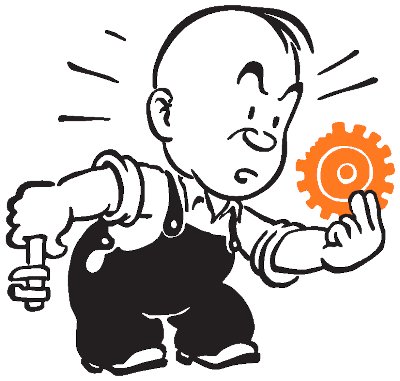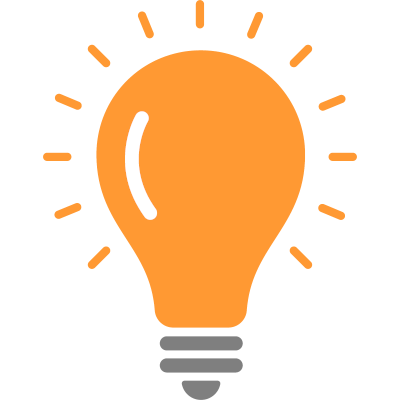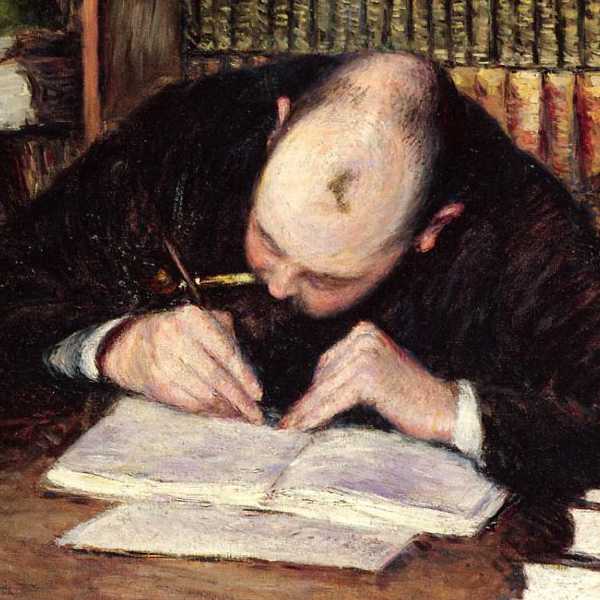

… a member of the Irish parliament (the Dail) who happens to be a barrister (an attorney specialising in advocacy in front of a judge, including criminal prosecution/defense) has formally written to the head of the Irish cybercrime unit setting out applicable charges against X/Grok and sternly requesting formal prosecution of that company on child pornography/trafficking charges.
collapsed for brevity
To: Detective Superintendent Pat Ryan Garda National Cyber Crime Bureau
Dear Superintendent,
You will no doubt be aware of the social media company X and its Grok app, which utilises artificial intelligence to generate pictures and videos. I understand you are also aware that, among its capabilities is the generation, by artificial intelligence, of false images of real people either naked or in bikinis, etc. There has been a great deal of controversy recently about the use of this technology and its ability to target people without their knowledge or consent.
Whatever about the sharing of such images being contrary to the provisions of Coco’s Law (sections 2 and 3 of the Harassment, Harmful Communications and Related Offences Act 2020), the Grok app is also capable of generating child sexual abuse material (CSAM) or child pornography as defined by section 2(1) of the Child Trafficking and Pornography Act 1998 (as substituted by section 9(b) of the Criminal Law (Sexual Offences) Act 2017).
In the circumstances, it seems there are reasonable grounds that the corporate entity X, as owner of Grok, or indeed the corporate entity Grok itself, is acting in contravention of a number of provisions of the Child Trafficking and Pornography Act 1998 (as amended). Inter alia, it is my contention that the following offences are being committed by X, Grok, and/or its subsidiaries:
1. Possession of child pornography contrary to section 6(1) in that the material generated by the Grok app must be stored on servers owned and/or operated by X and with the company’s knowledge, in this jurisdiction or in the European Union [subsections 6(3) and (4) would not apply in this case];
2. Production of child pornography contrary to section 5(1)(a) as substituted by section 12 of the Criminal Law (Sexual Offences) Act 2017, in that material is being generated by the Grok app, which constitutes child sexual abuse material (CSAM) or child pornography as defined by section 2(1), since it constitutes a visual representation that shows person who is depicted as being a child “being engaged in real or simulated sexually explicit activity” (per paragraph (a)(i) of the definition of child pornography in section 2(1) as amended by section 9(b) of the Criminal Law (Sexual Offences) Act 2017);
3. Distribution of chiid pornography contrary to section 5(1)(b) as substituted by section 12 of the Criminal Law (Sexual Offences) Act 2017, in that the said images that constitute child pornography are being distributed, transmitted, disseminated or published to the users of the Grok app by X or its subsidiaries;
4. Distribution of chiid pornography contrary to section 5(1)© as substituted by section 12 of the Criminal Law (Sexual Offences) Act 2017, in that the Child pornography is being sold to the users of the Grok app by X or its subsidiaries, now that the app has been very publically put behind a pay wall;
5. Knowing possession any child pornography for the purpose of distributing, transmitting, disseminating, publishing, exporting, selling or showing same, contrary to section 5(1)(g) as substituted by section 12 of the Criminal Law (Sexual Offences) Act 2017.
You will also be aware that, pursuant to section 9(1) of the 1998 Act, a body corporate is equally liable to be proceeded against and punished as if it were an individual.
Given the foregoing, as well as the public outcry against public decency, it is clear to me that X is flagrantly disregarding the laws of this country put in place by the Oireachtas to protect its citizens.
I am formally lodging this criminal complaint in the anticipation that you will investigate it fully and transmit a file to the Director of Public Prosecutions without delay; I would be grateful to hear from you in this regard.
Yours sincerely,
Barry Ward TD Senior Counsel





Duviri: